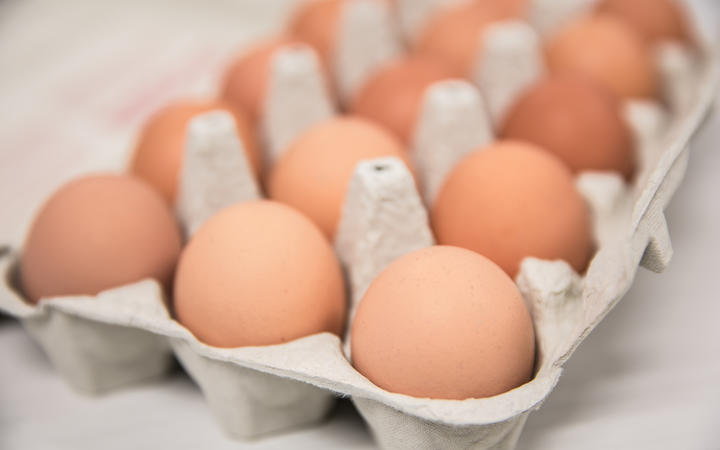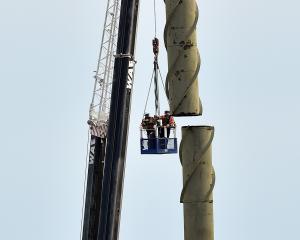
Whether you’re whipping up a quick omelette, honing your home baking skills or stirring into fried rice or a frittata for dinner, the options are many.
But it turns out one of the cheapest supermarket staples is about to go up in price - and supplies could run low.
Countdown’s general manager of perishables Nikhil Sawant told The New Zealand Herald the egg farmers who supply their supermarkets are currently under “significant inflationary pressure”.
“[Then there’s] increased production and feed costs, and also working through the impacts of upcoming regulatory changes to the sector.”
Sawant said Countdown supermarkets were experiencing a reduced supply of eggs as well as cost increases from a number of egg farmers.
“We have direct partnerships with our egg farmers and we’re continuing to work closely with them to keep eggs as affordable as we can and to ensure there’s plenty of supply.”
Inflation isn’t the only culprit - there may be another very good reason for the shortage.
By the end of the year, legislation made in 2012 that promised to phase-out caged-egg production will come into effect.
Sawant says the supermarket giant has been working with farmers for “a number of years” to prepare for the move away from caged eggs.
“In 2016, we launched our Egg Producer Programme for Free Range and Barn suppliers. This programme provides certainty to suppliers that if they invest in free-range or barn egg farming, we’ll buy those eggs,” he says.
“We have also already transitioned 24 stores to cage-free to help us and our farmers learn more about future volumes and how customers will respond to the changes.”
The changes mean battery cages will no longer be legal by the end of 2022.
To adapt, farmers will have to adopt the colony, barn or free-range methods, which each come with their own challenges and expenses, the Otago Daily Times reported last month.
New Zealand’s Poultry Industry Association executive director Michael Brooks told the publication at the time that upgrading to the colony method would cost small egg producers “millions”.
Another issue is the cost of chicken feed, which has increased since Russia’s invasion of Ukraine - a major wheat producer.
About 65 percent of the cost of egg production comes from the feed, Brooks said.
And of course, this all comes along with the effects of Covid-19, which has already given small business owners a hard time.
Despite this, most major supermarkets in New Zealand have also committed to stop selling colony eggs by 2027 at the latest.
Countdown will stop selling colony eggs by 2025.













